Category : News
Dec 12, 2023 | Announcements, Community, In Region, News

2023 Highlights SOUTH ASIA, “GROUND ZERO OF CLIMATE CHANGE,” SUBJECT OF NEW AWARD ANNUAL CAMBRIDGE SYMPOSIUM REFLECTS ON RESILIENCY OF SOUTH ASIA MADHUR JAFFREY ON THE SUBTLETIES OF SOUTH ASIAN COOKING THE CLIMATE CRISIS WITH SENATOR SHERRY REHMAN, SENATE...
Dec 6, 2023 | News
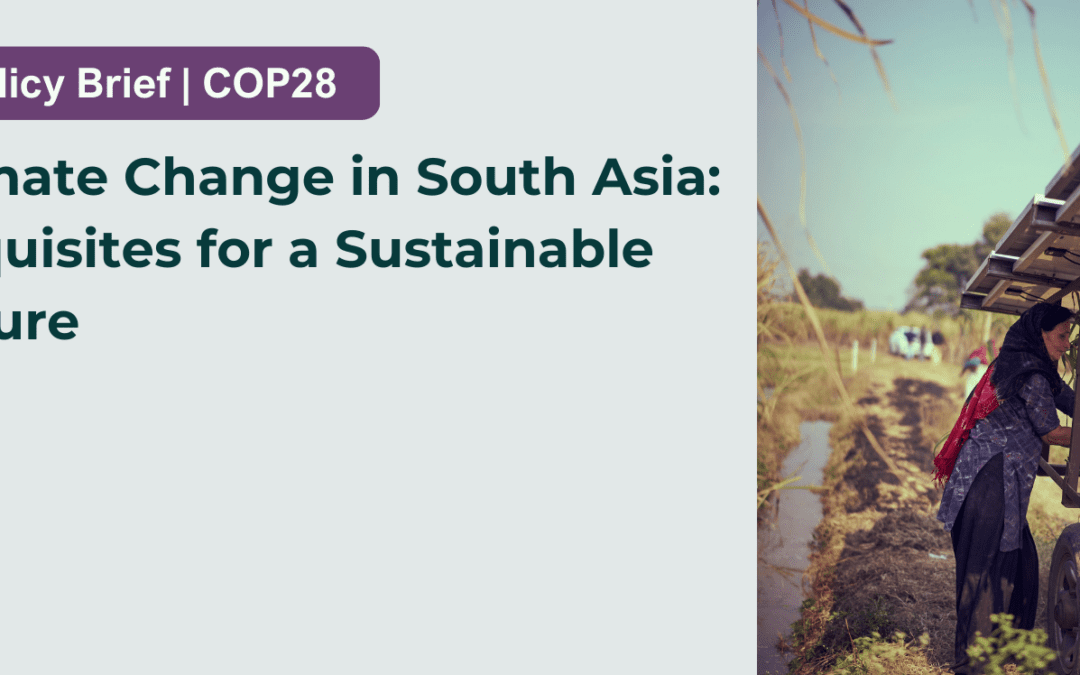
Coinciding with United Nations Climate Change Conference COP28 in Dubai, the Lakshmi Mittal and Family South Asia Institute just released a new policy brief, “Climate Change in South Asia: Requisites for a Sustainable Future.” The brief argues that...
Dec 5, 2023 | Announcements, Community, Fellows, Graduate Student Associates, News

The time for cold weather gear and warm fires is upon us in Cambridge. As Harvard classes soon pause for a break, we invite you to peruse the list of reading recommendations from our fellows and Graduate Student Associates. There is something for everyone in this...
Dec 5, 2023 | News
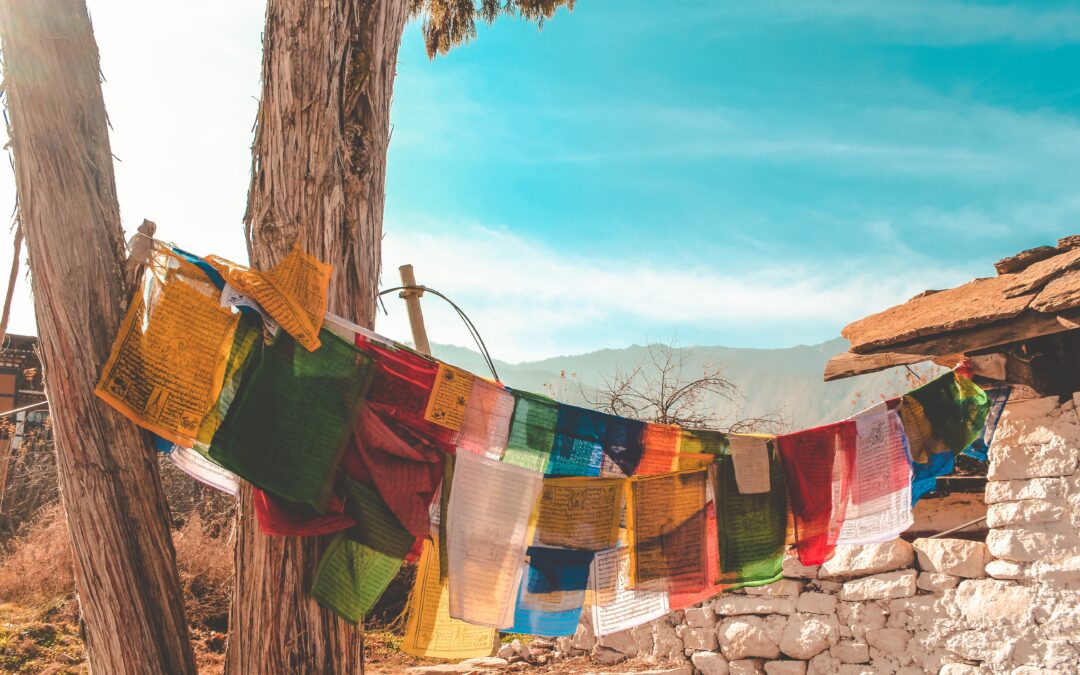
The Mittal Institute’s fall programming spanned some of the most salient issues of the region. From the latest in climate change research; to the changing landscape of architecture; to using literature to advance human rights, our speakers broadened our...
Nov 28, 2023 | Faculty, India, News, Students
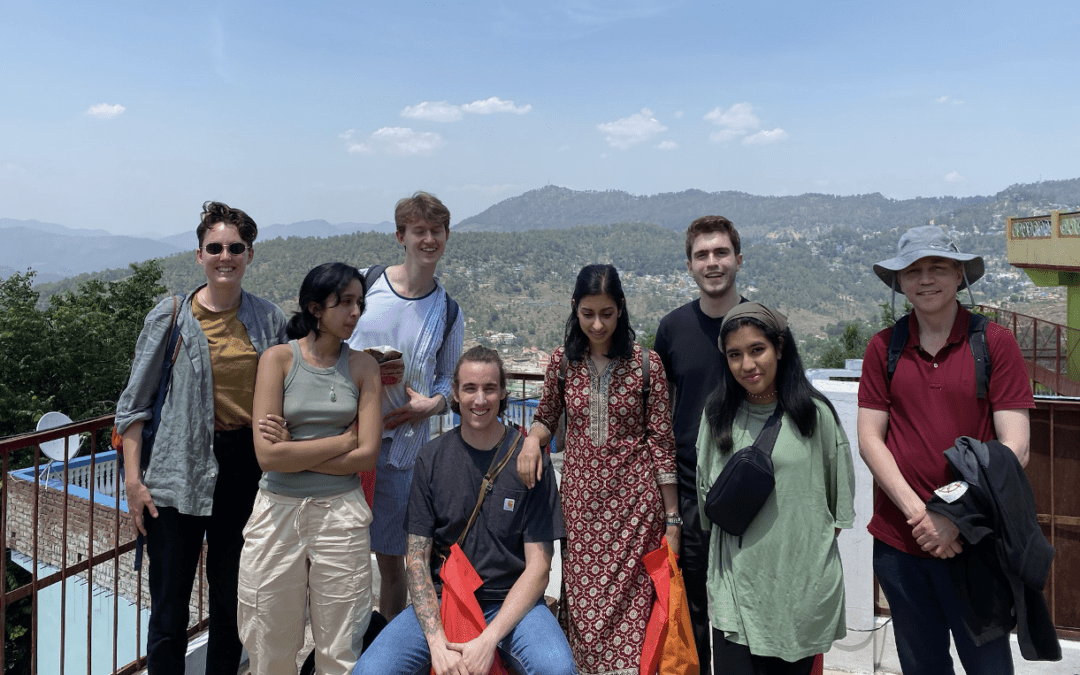
This past May, Richard Delacy, Preceptor of Hindi-Urdu, Department of South Asian Studies, Harvard University trekked the foothills of the Himalayas, where he and students from his Hindi-Urdu language class were immersed in an intensive language-learning experience....
Nov 28, 2023 | Community, Faculty, News, Students
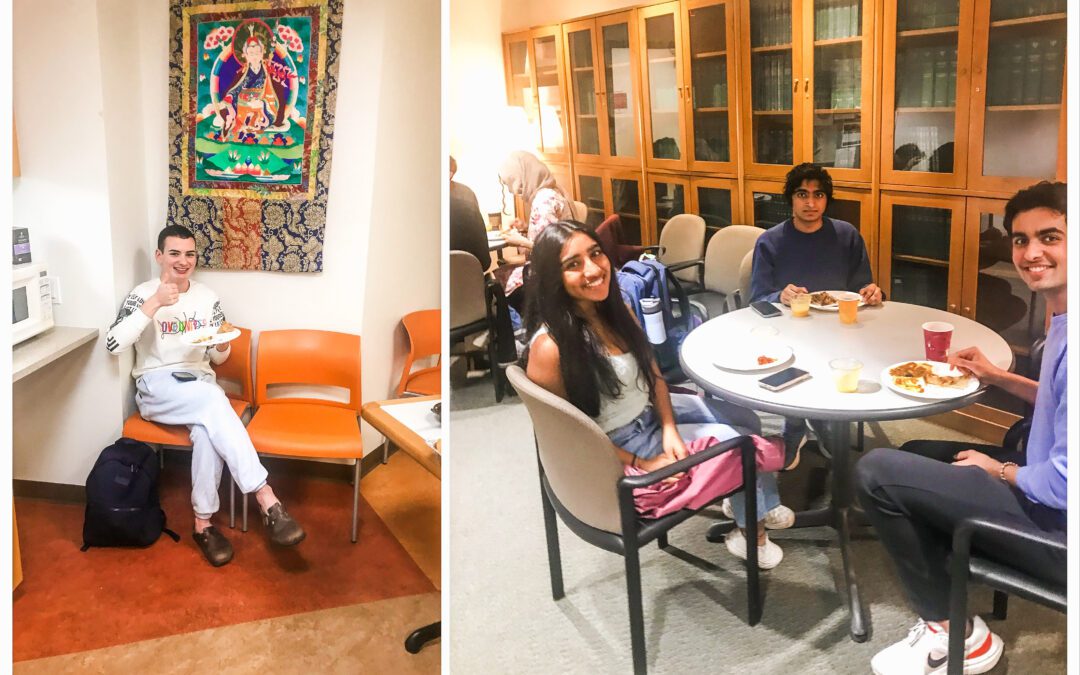
Our undergraduate intern, Samaga Pokharel ’26, reports on one of Harvard’s beloved traditions: the Weekly Friday Tea. She gave us her own account of the delicious chai and lassi served each week, where attendees gather to connect over cuisine about all...
Nov 28, 2023 | Announcements, Faculty, India, News

The Mittal Institute’s State of Architecture in South Asia project is hosting a conference in New Delhi from December 14-16, 2023, titled Architectures of Transition – Frameworks and Practices in South Asia. Architects from the entire region — Afghanistan,...
Nov 16, 2023 | News
The negative effects of climate change, including excessive heat, flash flooding, sea level rise, and increasingly severe droughts, already impact South Asia and West Africa, and are projected to increase in severity and geographic range. To adapt to these threats,...
Nov 14, 2023 | India, News, Students

The Program for Scientifically-Inspired Leadership, funded in part and administered by the Mittal Institute, pairs Harvard undergraduates and Osmania university students with high school students from public high schools in Telangana for a cross-cultural learning experience built on the scientific process and focused on the liberal arts and sciences philosophy. By interacting together, all three groups gain a deeper understanding of teaching and learning. The program is the brainchild of Dominic Mao, Assistant Director of Undergraduate Studies for two of Harvard’s life science concentrations and a lecturer in the Department of Molecular and Cellular Biology at Harvard. We spoke with him for more on the program, and what the teacher/student interaction is like.
Nov 14, 2023 | Announcements, Fellows, India, News
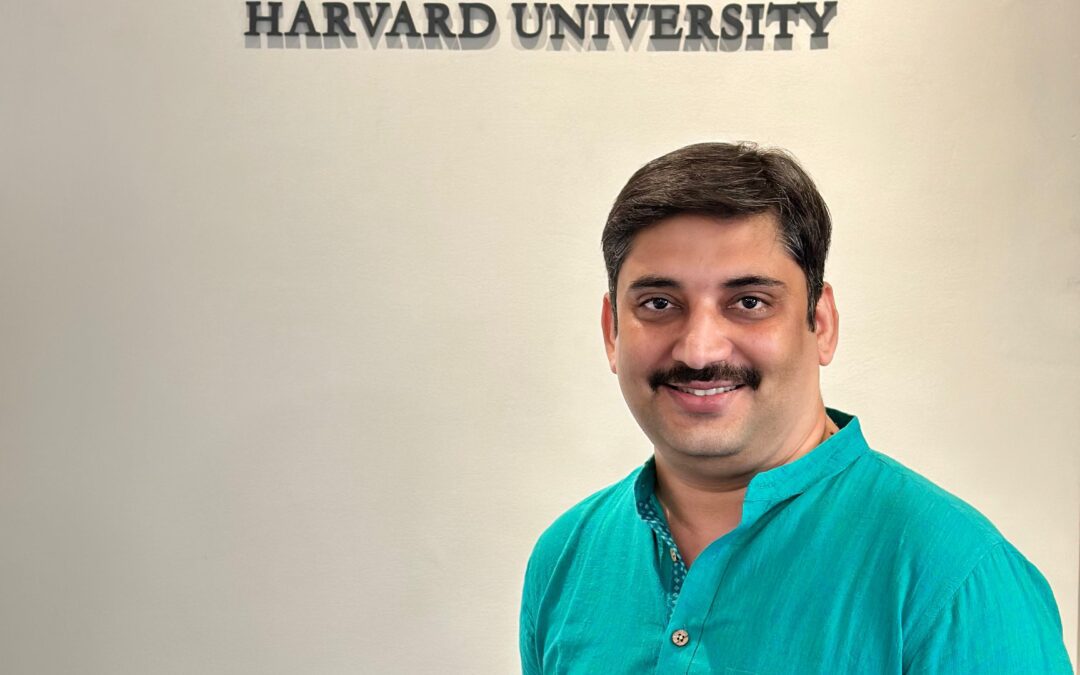
Robert Rahman Raman joins the Mittal Institute as the third batch of India Fellows. We spoke with Robert about his research.
Nov 14, 2023 | Announcements, Fellows, India, News
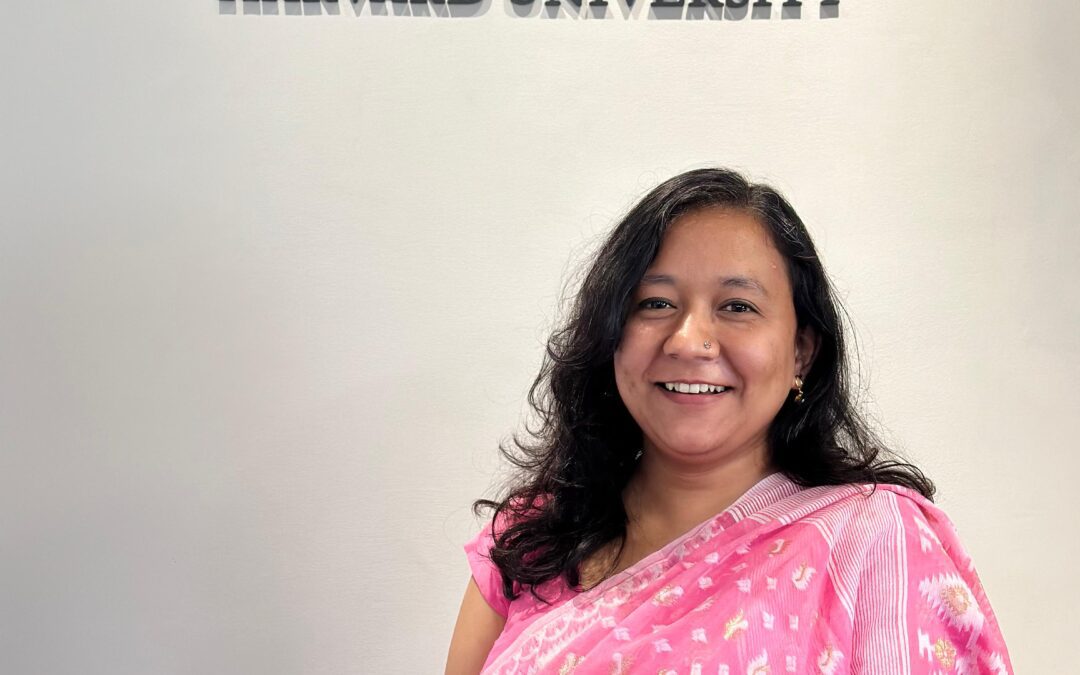
India Fellow Rinan Shah speaks about looking forward to her upcoming year with the Lakshmi Mittal and Family South Asia Institute, Harvard University, at the Delhi office.
Nov 7, 2023 | Climate, India, News
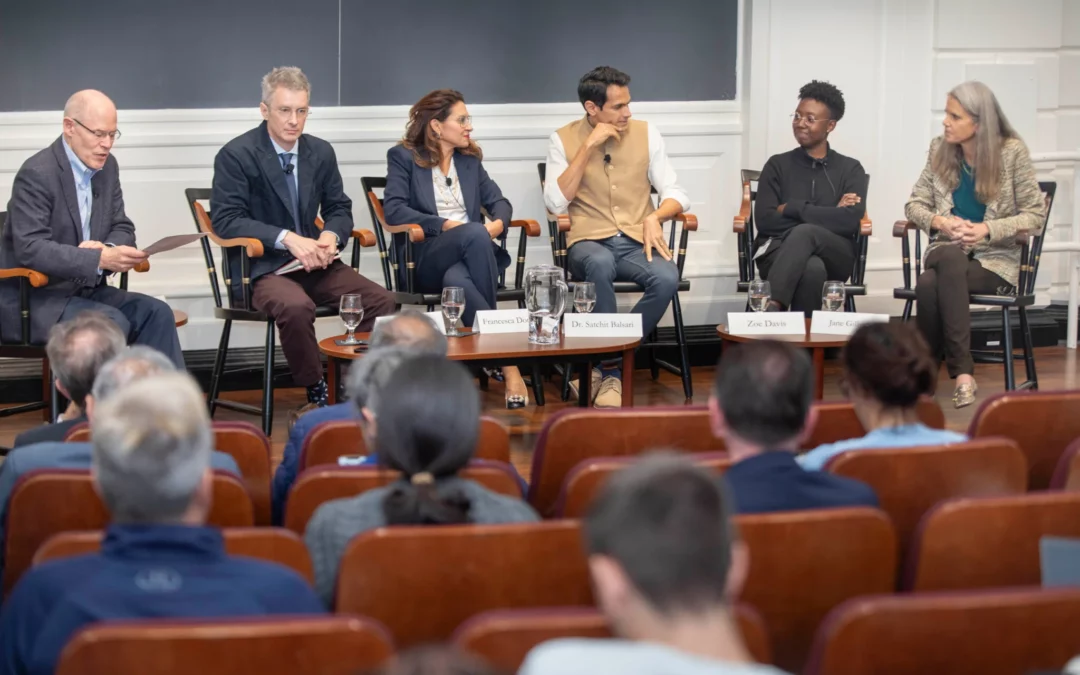
Panelists gathered at the Harvard Graduate School of Education’s Longfellow Hall last Friday for an event on the “Future of Cities” in a warming world said the topic is particularly relevant this year, when global temperatures soared to new records.











